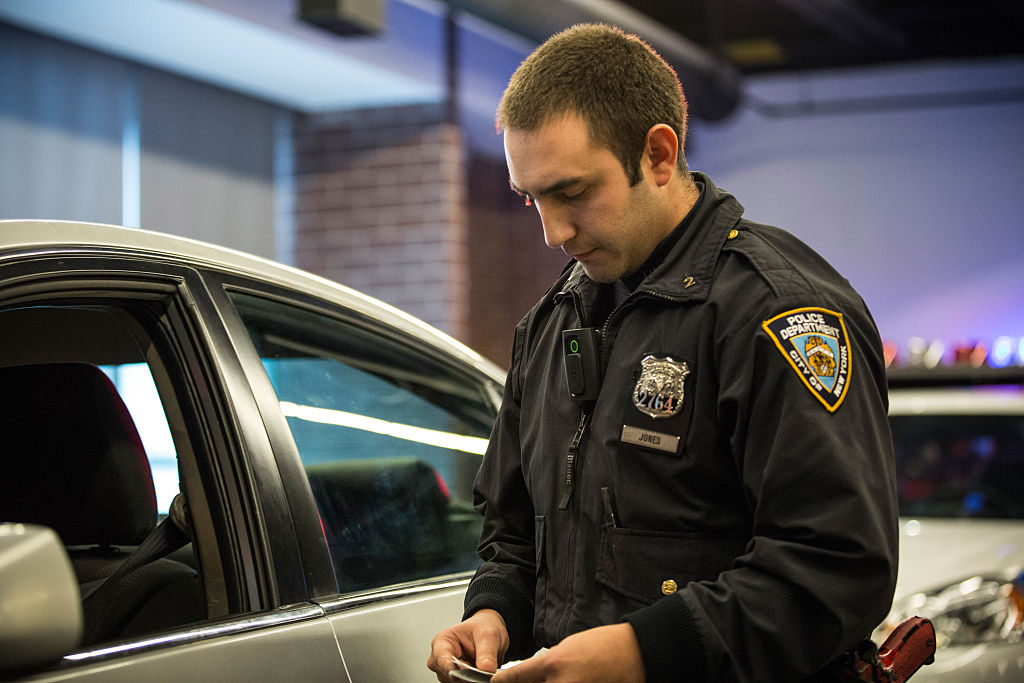After rolling out a feature on Google Maps and Waze to warn users of upcoming police speed traps and DWI checkpoints, Google has run afoul of the NYPD, who have sent a cease-and-desist letter demanding the features be removed.
“The NYPD has become aware that the Waze Mobile application…currently permits the public to report DWI checkpoints throughout New York City and map these locations,” wrote Ann Prunty, the NYPD’s acting deputy commissioner for legal matters. “Accordingly, we demand that Google LLC, upon receipt of this letter, immediately remove this function from the Waze application.”
Google never announced that the features had been added to its apps, but Mashable reported in mid-January that users were reporting audio warnings of upcoming speed cameras during Maps-guided trips.
Did you know @waze lets drivers report DUI checkpoints? Why do you fo that, Waze? #VisionZero pic.twitter.com/VOtbwQStue
— Jonathan M. Rogers (@JRogers202) February 1, 2019
In addition to reprimanding Google for warning users of police activity, the NYPD claim that reporting speed camera and sobriety test locations may be committing prosecutable offenses.
“Individuals who post the locations of DWI checkpoints may be engaging in criminal conduct since such actions could be intentional attempts to prevent and/or impair the administration of the DWI laws and other relevant criminal and traffic laws,” the letter, which was briefly available to the public, read.
“Informing drivers about upcoming speed traps allows them to be more careful and make safer decisions when they’re on the road,” a Google spokesperson said in a statement to the New York Post.
For some, avoiding police checkpoints may not just be a matter of getting away with drunk driving, however.
“The public has a First Amendment right to warn others about police activity, and warnings like that are particularly important for those who have been the victims of profiling and other forms of police abuse,” said Christopher Dunn, legal director for the NYCLU.
An independent monitor’s report in 2017 found that, though the sheer number of police stops of people of color fell significantly since former mayor Michael Bloomberg’s “stop and frisk” policy was found unconstitutional, police still disproportionately stop men of African-American and Latino descent.
“In the first quarter of 2013, Blacks and Hispanics made up 84 percent of reported stops, compared to 82 percent in 2015,” the report reads. “Hispanics were significantly more likely than Non-Hispanics to be subject to a search and arrest in 2015.”
“The NYPD will pursue all legal remedies to prevent the continued posting of this irresponsible and dangerous information,” the cease and desist letter continued.
























